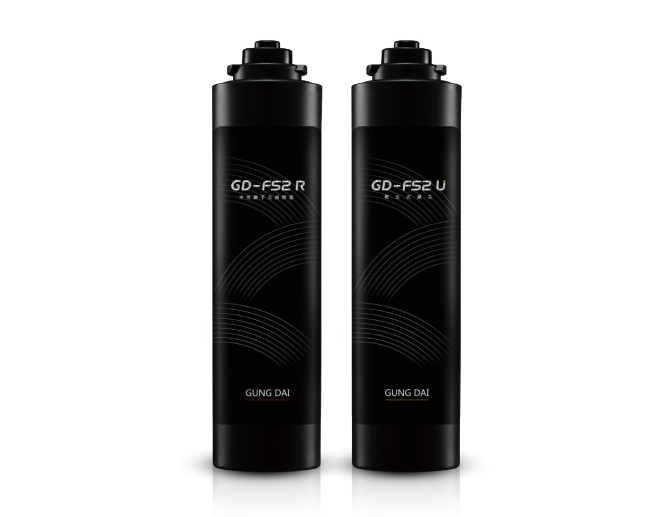

|
When you turn on the tap in your home each day, do you ever stop to wonder about the safety of the water you're drinking? Water is a vital part of our daily lives, but not all water is created equal. Let's delve into the truth behind your daily hydration and uncover what you need to know to ensure the safety of your drinking water.
Understanding Drinking Water Safety At GUNGDAI, we are dedicated to providing pure, clean drinkable water for households across the world. In the realm of drinking water safety, tap and bottled water often find themselves compared. Regulatory bodies such as the Food and Drug Administration (FDA) and the Environmental Protection Agency (EPA) work tirelessly to establish and uphold stringent standards for drinking water safety. The EPA provides valuable insights into the water quality in your geographic area, offering information on its source, contaminant levels, and potential health risks. It's important to note that if you rely on well water, the EPA does not oversee its quality. In such cases, conducting regular water quality tests is essential to ensure that contaminants remain within safe limits.
The Battle Between Hard Water and Soft Water Beyond the realm of contaminants lies the mineral content of your water. Hard water, characterized by high mineral levels, may present certain health risks. While neither hard nor soft water holds a distinct advantage, personal preference often dictates one's choice based on taste and texture. A staggering 85% of water sources in the U.S. are classified as hard. To combat the stigmas associated with hard water, many individuals opt to install water softeners, aiming to reduce the mineral content of their tap water. Determining whether your water is hard or soft can be as simple as measuring the calcium and magnesium content. Soft water typically contains 17 parts per million (ppm) of calcium and magnesium or less, while very hard water exceeds 180 ppm.
The Importance of Balance While minerals like calcium and magnesium are essential for maintaining optimal health, excessive intake can pose risks. Research has shown potential links between hard water consumption and certain health conditions such as cardiovascular disease. Achieving the right balance is key, ensuring that your body receives the necessary minerals without overindulgence. In conclusion, the safety of your tap water is a topic worthy of exploration. By understanding the nuances of drinking water safety, including mineral content and potential contaminants, you can take proactive steps to safeguard your health and well-being. Remember, knowledge is power, and with the right information, you can ensure that each sip of water nourishes and sustains you. Stay hydrated, stay informed, and above all, stay safe with GUNGDAI, your dedicated provider of pure, clean drinkable water for household. >>Experience the difference today.
|
.jpg)


